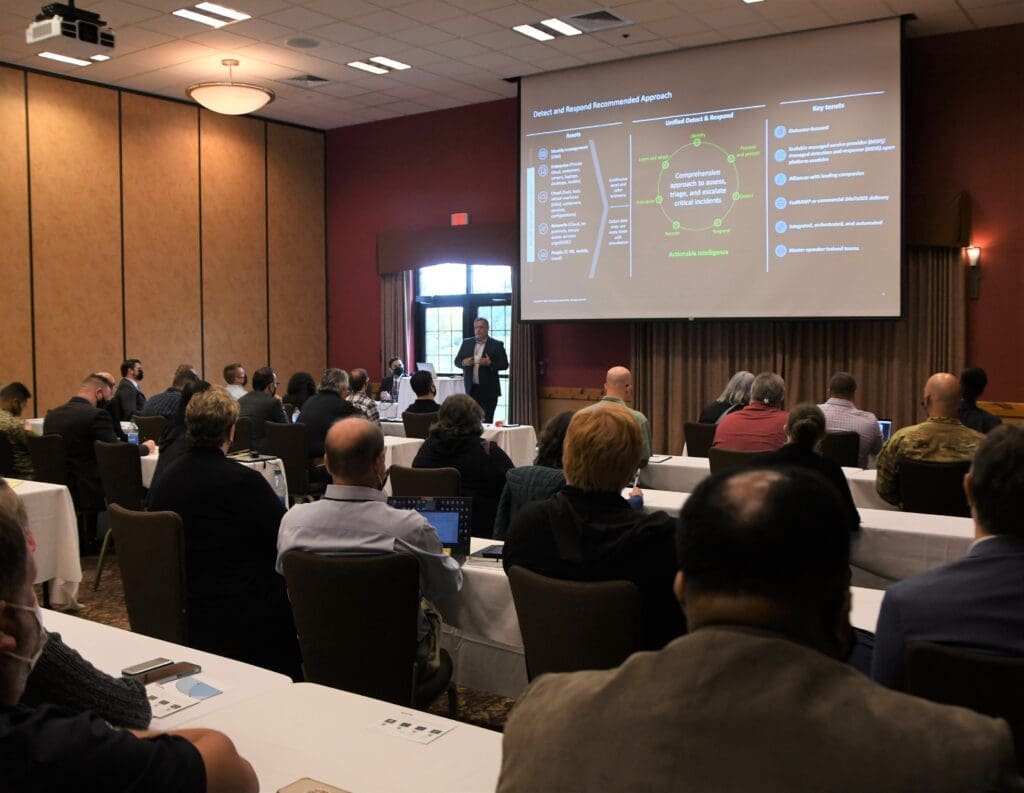WISCONSIN DELLS, Wis. — As the landscape of cybersecurity threats continues to grow, collaboration will be an essential tool in the fight against those who try to exploit weaknesses in the systems much of the nation relies on. Building relationships necessary to combat threats was a central theme of the 8th annual Wisconsin Governor’s Cybersecurity Summit, held this week at the Glacier Canyon Lodge and Conference Center in Wisconsin Dells.
“These past 18 months, our world turned to more and more virtual ways to connect. With that shift came more and more phishing schemes and other types of cyberattacks,” said Gov. Tony Evers. “From the success of our elections, to the efficiency of day-to-day state operations, to protecting the personal information of Wisconsinites, there’s no way around it — cybersecurity is of critical importance to our state.”
“Summits like this represent great opportunities for knowledge sharing, networking, relationship building, and sharing those best practices in an area that we can ill-afford to have any lapses,” said Maj. Gen. Paul Knapp, Wisconsin’s adjutant general. “Whether you come from the public or private sector, cybersecurity affects us all.”
Those attending the summit had an opportunity to hear from experts in cybersecurity topics such as protecting small businesses from cyber threats, guarding critical infrastructure, and resources available to everyone in Wisconsin.

Presenter Paul Kurtz, a former White House cybersecurity expert and founding member of the Cloud Security Alliance, warned that organizations are kidding themselves if they continue to think there’s not going to be a significant cyber event that could impact them. Often referred to as a “black swan,” such a surprise attack could have a widespread effect across the country.
A black swan is also something that is often seen in hindsight as an event that could have easily been prepared for, which Kurtz argued many organizations are failing to do.
“There’s a danger in private sector thinking that this black swan is going to swim by me,” Kurtz warned.
An integral part of learning how to be ready for such attacks is forging partnerships and realizing where systems need to evolve, noted Trina Zanow, Wisconsin’s chief information officer.
“As our security landscape continues to change, it’s important that the state think about how we continue to protect, respond, enable, transform and promote compliance,” Zanow said.
“As I look around the room, I think each of you should be part of those engagements with us … just because we haven’t work together in the past, doesn’t mean we can’t work together in the future.”
For more information on cybersecurity resources available through the state of Wisconsin, visit https://det.wi.gov/

